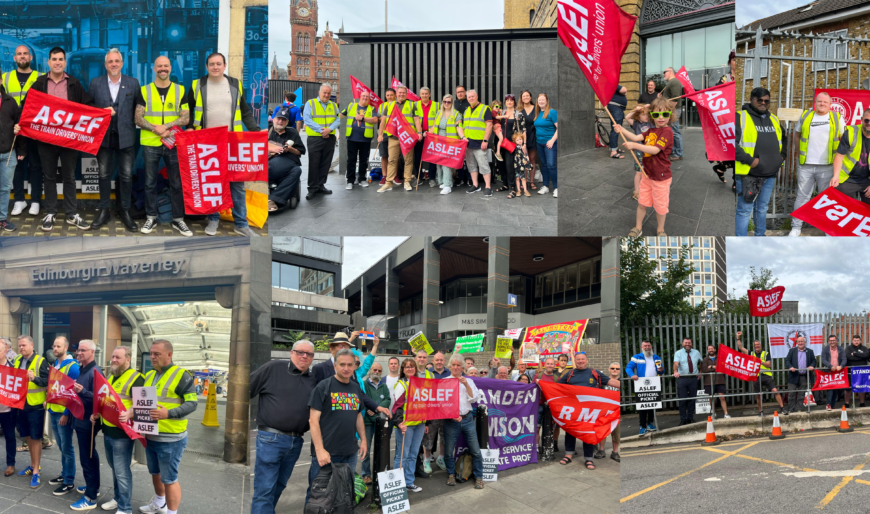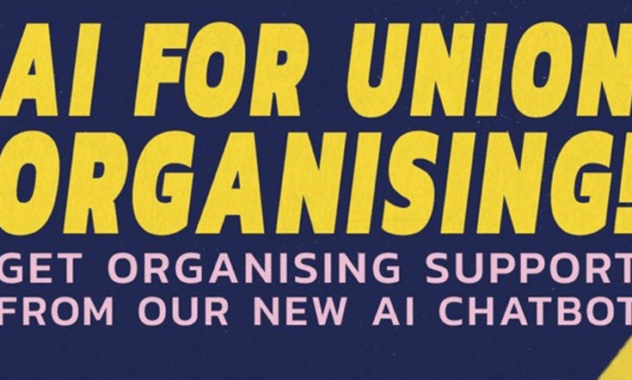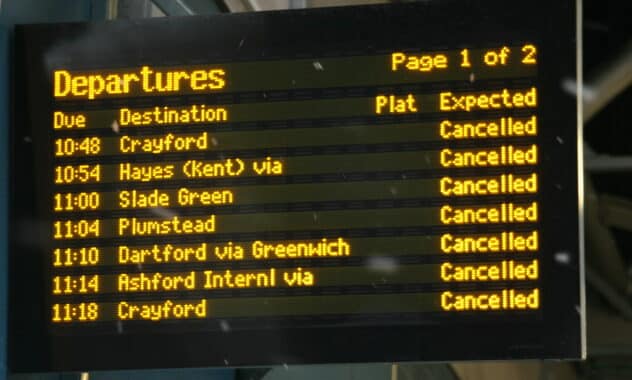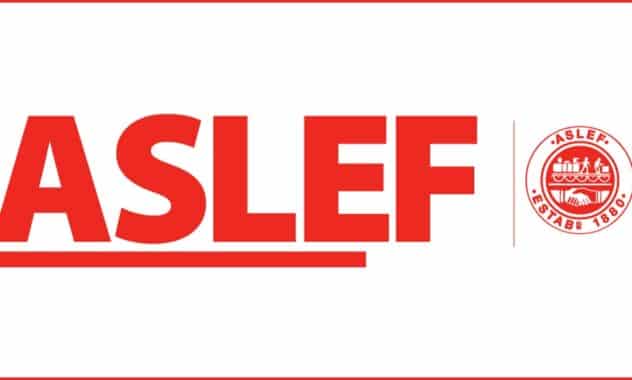Prime Minister ‘disappointed’ that train companies didn’t use new anti-strike laws
Rishi Sunak is disappointed train operators have not used a new law aimed at enforcing minimum service levels during strikes, No 10 said.

Prime minister Rishi Sunak is reported to have been disappointed that LNER declined to use new powers contained in the Strikes (Minimum Service Levels) Act.
Last year, the government introduced legislation to allow train companies to require enough people to work during strikes to run 40% of normal services. However, this power has not been used during the current industrial action by train drivers union ASLEF.
A spokesman for the PM told the Times: “It’s something the rail operators called for many months ago and the public would rightly expect them to be used if strike action is taking place.” They added: “It’s ultimately up to train operators to effectively manage their services, we have been as clear as possible that they should be as ready to use all powers available to them to reduce the impact of rail strikes on passengers”.
Unions have warned that the new rule is unworkable and could cause further frustration amongst passengers if they are led to believe that a certain number of trains will run. The trade union’s general secretary Mick Whelan described the rules as “forced labour” and “a stain on our society”.
He told the BBC he was not surprised train operators had not used their new powers saying “the companies didn’t want to do it… nobody knows if it can be done safely.”
ASLEF had announced five strike days starting from 5 February in response to LNER exploring the introduction of minimum service levels. However those extra strike days were cancelled when the operator rowed back on its threat.
Conservative MP Caroline Nokes has expressed concern about the new law. Speaking to Politics Live she said:
“The stark reality is that the legislation clearly isn’t working, it isn’t delivering what Grant Shapps promised in enabling people to get to work. I don’t know whether that means going back to the drawing board, whether it means amendments, but it does seem to be farcical that we were expecting this to work. It hasn’t.”
One government source told the Guardian: “The train companies lobbied us for this ahead of the 2019 manifesto and they’ve got what they wanted so we would very much hope that they would use those powers. We aren’t going to grandstand and publicly urge them to do it but we quietly expect them to do so.”
Speaking about the latest industrial action and the threat of Minimum Service Levels, Mick Whelan said:
“We made the point that it was unworkable, we believed it was terribly unsafe. We made the point, which was borne out by the government’s own impact assessment, that it would lead to more strife. Rather than trying to resolve the situation, they tried to introduce forced labour into the country, to our eternal shame. First time they’ve tried it, they’ve backed off. I’m of the view they’ll try it again. Nobody can tell us how to safely do it.”







